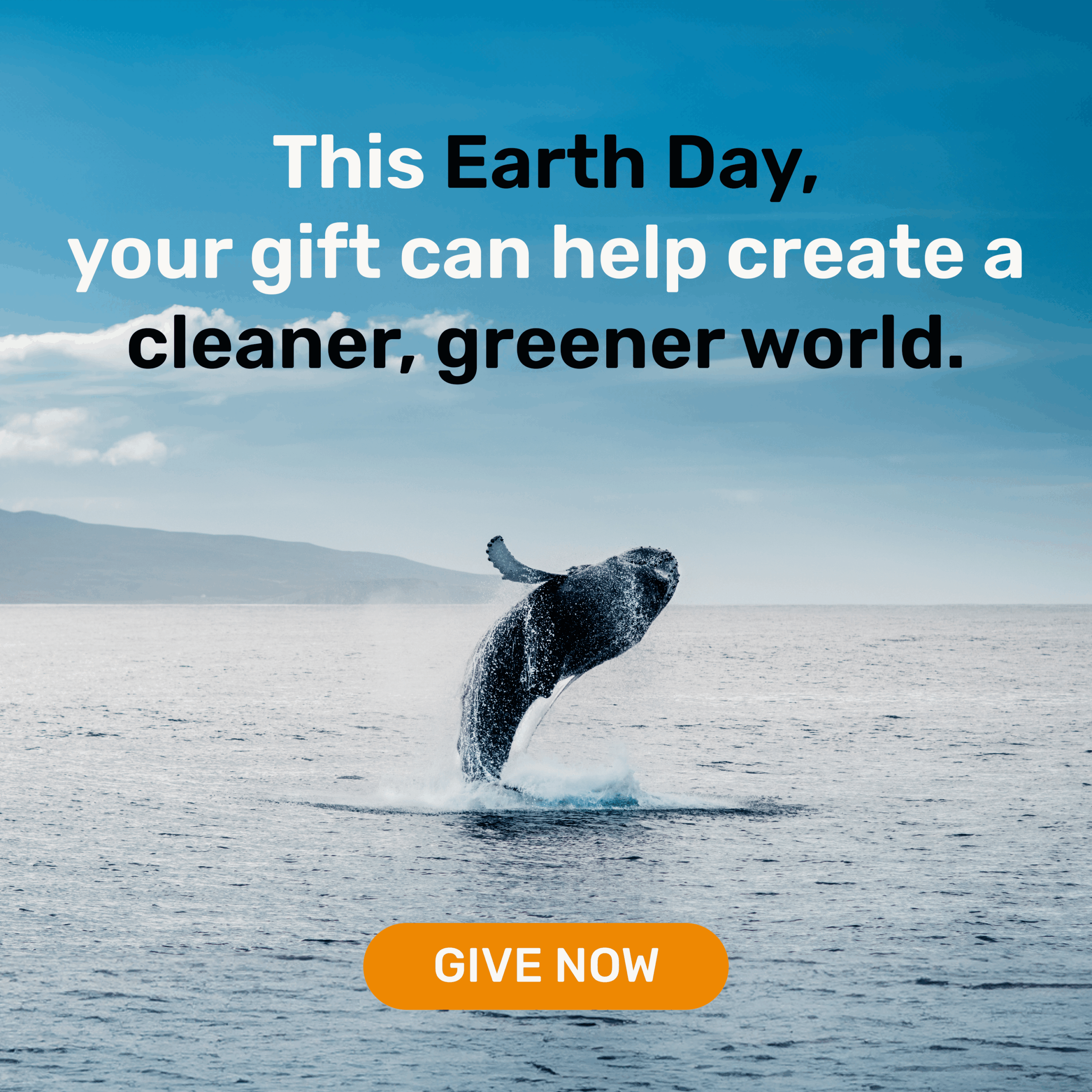Rapidly Growing Ship Traffic Threatens Ocean Life
Ships move most of our goods around the world. They carry coal and oil, TVs and t-shirts.
They also transport hidden passengers: invasive species. Released into new habitats, they wreak havoc on native plants and ocean life.
Other threats include oil spills and harassment of marine life from noise. Collisions with ships are a leading cause of death for some marine mammals.
Global trade is expanding and ship traffic will likely double in the next 10 years.
We advocate new rules to manage the impacts of rapidly growing ship traffic on communities, wildlife and the ocean.



Creating Rules That Benefit Communities and Wildlife
The Arctic
The Arctic Ocean is still one of the most pristine places on the planet. But sea ice is disappearing fast, opening new sea routes between Europe and Asia through the narrow Bering Strait.
Our Strategy
We are a key organizer and advocate for strong marine protections in the U.S. Arctic. We also have a rare seat at the International Maritime Organization (IMO), a United Nations agency that writes rules for the ocean.
At the IMO, we lead a coalition of environmental allies to put direct pressure on country delegations. We complement this advocacy with grassroots and “grasstops” pressure on secondary decision-makers in state and federal government who influence the U.S. IMO delegation, as well as other international bodies like the Arctic Council.
Our Impact
To prevent catastrophic oil spills, we lead an international coalition to ban ships from using dangerous fuel oil in the Arctic.
We advocate new rules in polar waters to curb climate-changing black carbon emissions and prevent invasive species from entering the Arctic.
We partner with indigenous leaders to steer ships clear of wildlife and to establish speed limits that help reduce noise and ocean life collisions.
We work with the U.S. Coast Guard and other decision-makers to ensure that we have the capacity and equipment needed to respond to ship emergencies in the U.S. Arctic.
Southeast Asia
Ships traffic more oil through Southeast Asia than anywhere else in the world. They also pollute coastal waters and air in port cities.
We collaborate with campaigners from the United States, Russia, Vietnam, Philippines and Hong Kong to pilot national solutions before taking them to international policymakers at the IMO.

